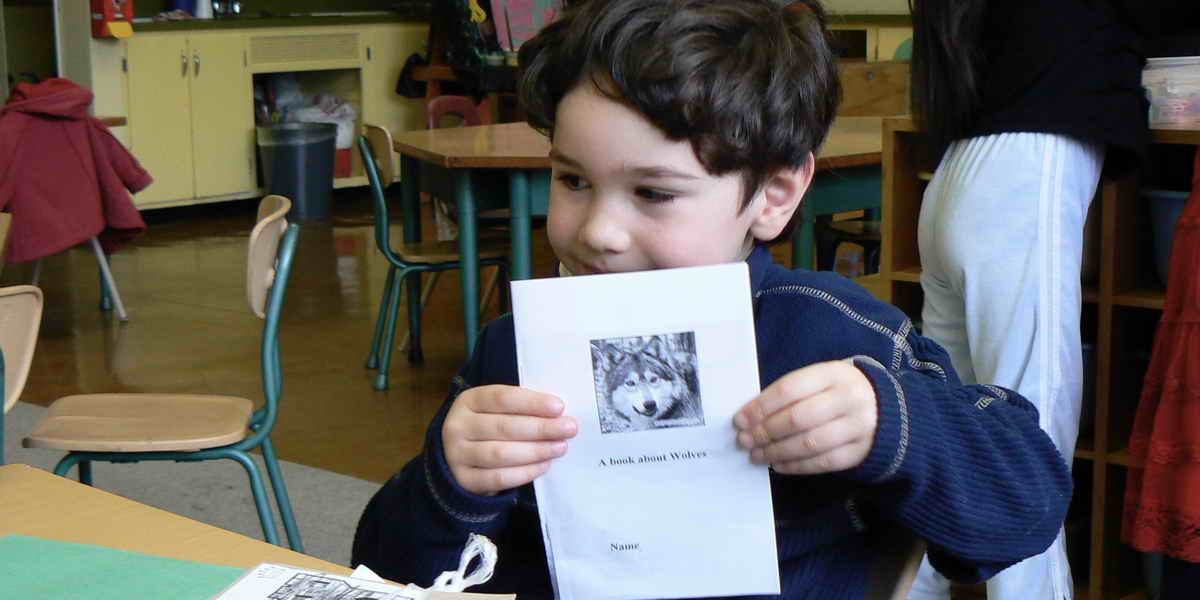Services Offered
Psychoeducational Assessments
The goal of a psychoeducational assessment is to understand a child’s cognitive and academic strengths and weaknesses. Having this insight is empowering and can be used as a guide to ensure that the child or youth is meeting their full learning potential at school and is provided with access to any additional supports/enrichment opportunities or accommodations they may need to reach their potential.


For young adults in College or University, a psychological assessment can also be helpful. Through an understanding of an individual’s learning needs, adaptations and/or accommodations can be recommended to the Center for Accessible Learning at the institution, which can lead to a more successful and enjoyable experience with higher education.
Neuropsychological Assessments
The purpose of a Neuropsychological Assessment to help us understand the impact of a brain injury or a neurodevelopmental condition on an individual’s behavior, learning, and daily functioning. Such an assessment looks specifically at different types of cognitive skills (such as memory, language, visual spatial skills, etc.), as well as sensory and motor skills, to understand a person’s strengths and weaknesses in these different areas. The assessment often also explores behavior, emotional functioning, and what we call “adaptive functioning” or one’s ability to manage expectations of daily life on their own. The main goal of the Neuropsychological assessment is to provide information about an individual’s functioning and the impact of this on their daily life.
Although the focus of the Neuropsychological assessment is different from a psychoeducational assessment, there is some overlap in terms of the types of tests that are used for each.


Child and Adolescent Psychological Assessment
Challenging behaviors in children or adolescents can often represent underlying emotional distress. Having insight into the nature of this distress or root cause of the behavior challenges is helpful in order to know how to support the child or adolescent in the home and at school and to decide if therapy might be useful. A psychological assessment typically involves interviews with the child or adolescent and with the parents. Specific questionnaires may also be given to parents, the child and (with permission) to teachers, to explore the child or adolescent’s behavior and emotional well-being across different settings.
Consultation and Parenting Support
Sometimes it can be helpful to meet with a psychologist who specializes in child development in order to talk about what you are going through as a parent and the challenges you may be facing with a particular stage of your child or adolescent’s development. I can support you in examining family dynamics or conflicts, and/or help you to explore new strategies to deal with challenges that your child may be having.

What to expect with a Psychological Assessment
There are usually 4 or 5 steps to completing a psychological assessment, depending on what kind of an assessment is being done.
- Initial Meeting, in which parents (and the child when appropriate) meet with me to discuss their questions or concerns and determine what kind of assessment would be helpful.
- Psychometric testing is needed in psychoeducational and neuropsychological assessments.
Your child will be given various tests to measure his/her overall intellectual abilities, memory, attention, reasoning and organizational/planning skills. Breaks will be built into the testing session as needed and the assessment typically takes between 4 and 6 hours. - Assessment of Social-Emotional and Behavior Functioning is done through questionnaires filled out by parents, teachers (if appropriate) and the youth themselves. For younger children, it is sometimes helpful for me to observe your child during play or in their classroom setting, in order to get a better understanding of him or her.
- Report and Recommendations
All of the information gathered, including test results are interpreted and summarized in a comprehensive report. In this report, recommendations are made regarding any necessary school accommodations and at-home support strategies. Recommendations regarding therapeutic or behavioral interventions can also be made in the report. - Feedback Session:
Parents and adolescents (and children where appropriate) will meet with me to go over the report, discuss recommendations and decide if it would be useful to meet with the school-based team (or other teams working with the child) as well.

